MITS5505 Knowledge Management Report: Strategies and Analysis
VerifiedAdded on 2022/11/01
|12
|805
|76
Report
AI Summary
This report provides an overview of knowledge management, emphasizing its significance in organizational functions. It defines knowledge management as the systematic approach to delivering accurate information efficiently. The report explores barriers to effective knowledge management, including reluctance to share knowledge and lack of appropriate tools. It further examines knowledge transfer, distinguishing between explicit and tacit knowledge, and presents various strategies for knowledge transfer like blogs, videos, and communities of practice. The report also delves into knowledge modeling, describing its process and importance in designing interpretable models for products and services. It highlights the characteristics of knowledge modeling, such as structure, encapsulation, and reusability, while also pointing out its drawbacks, including process validation challenges and efficiency concerns. The report is supported by a range of academic references.
1 out of 12
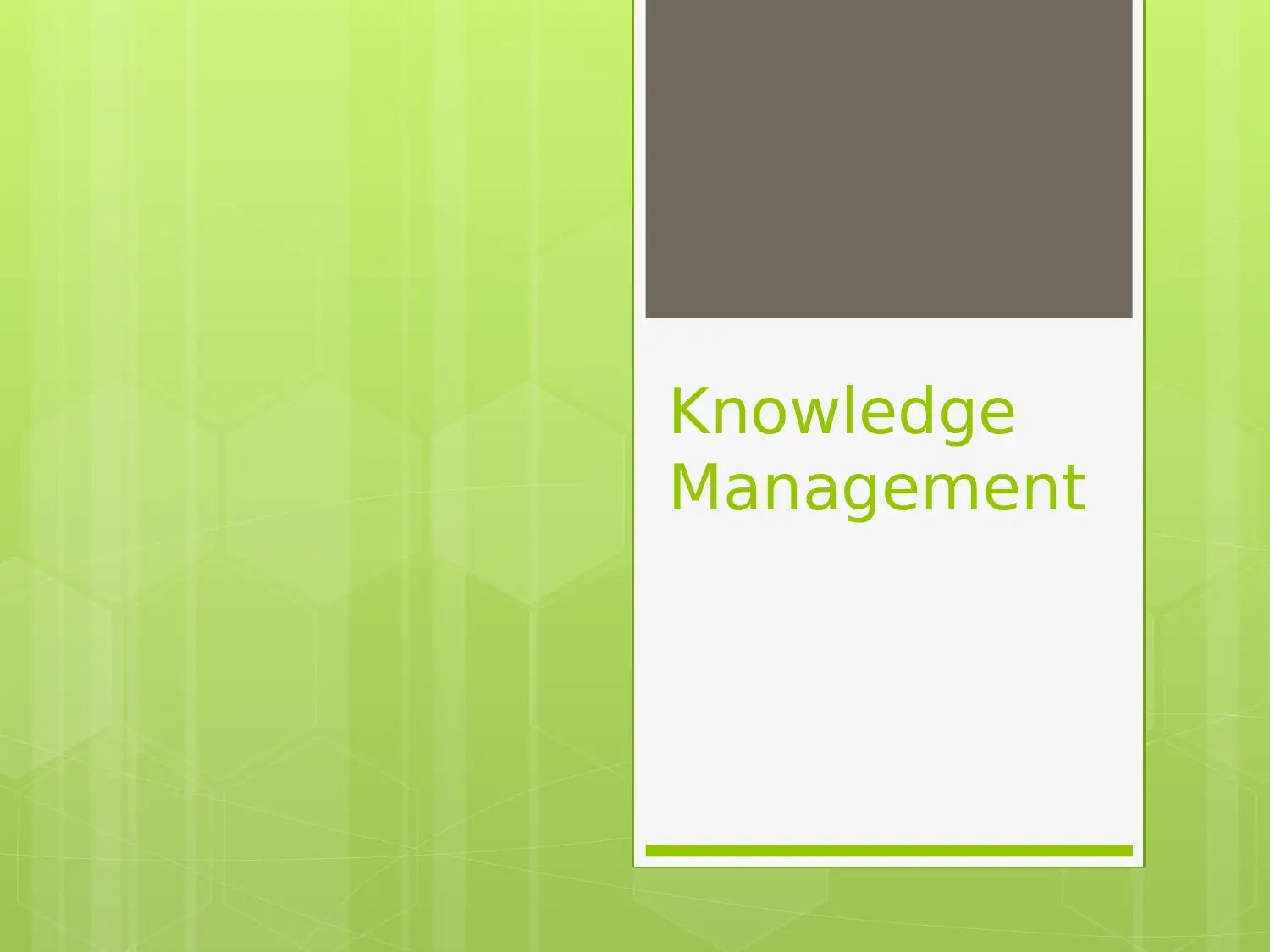
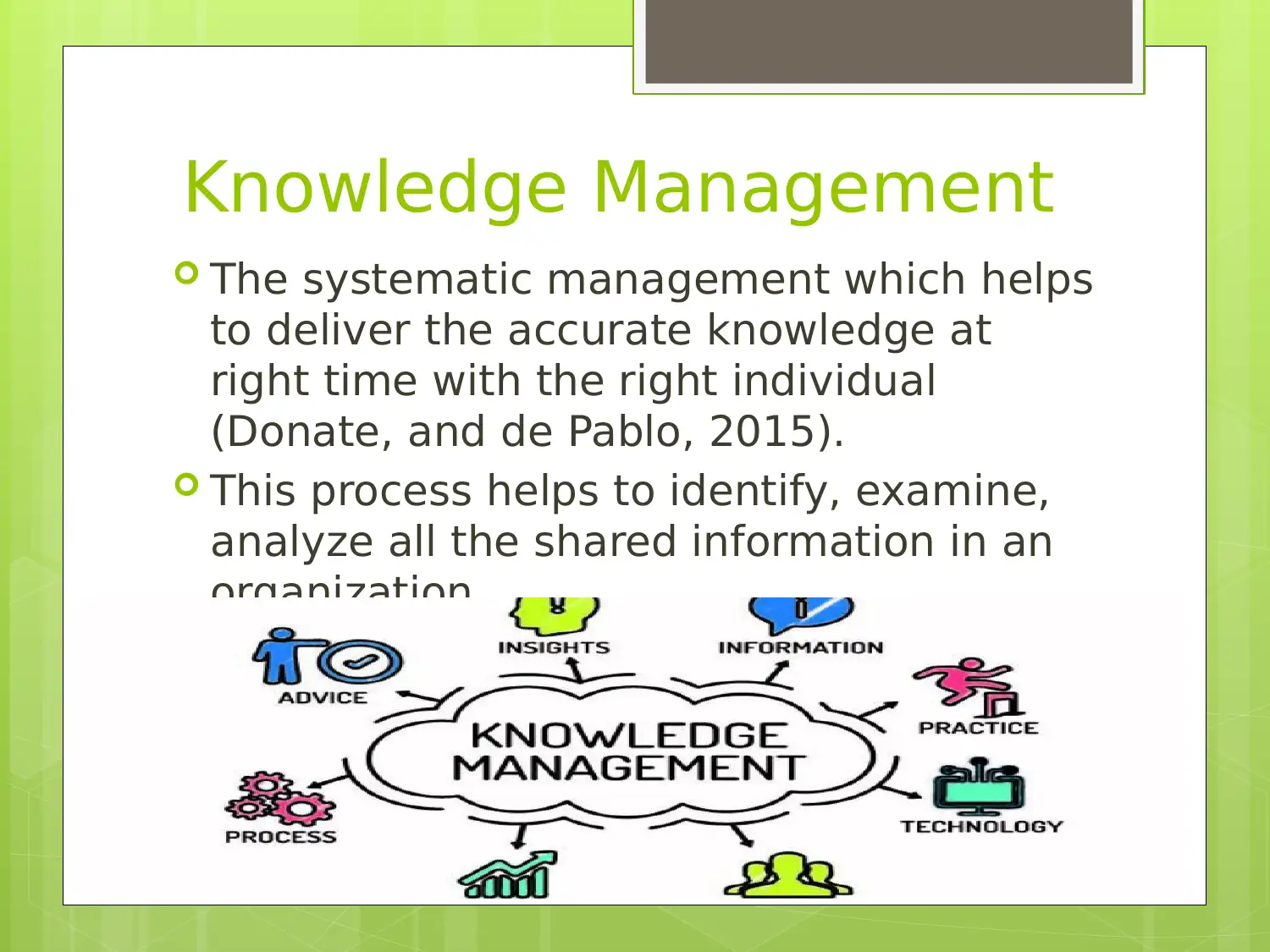
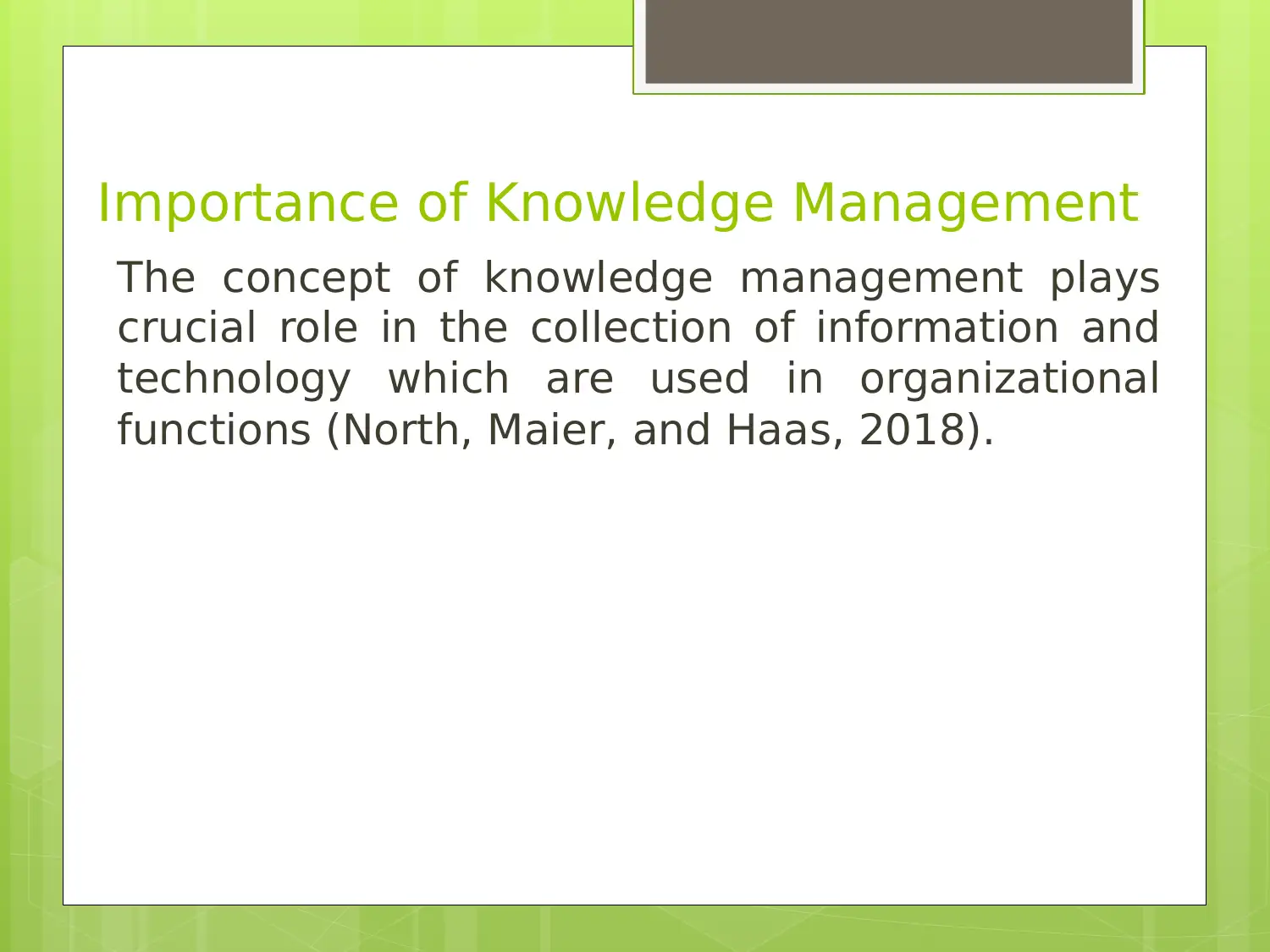

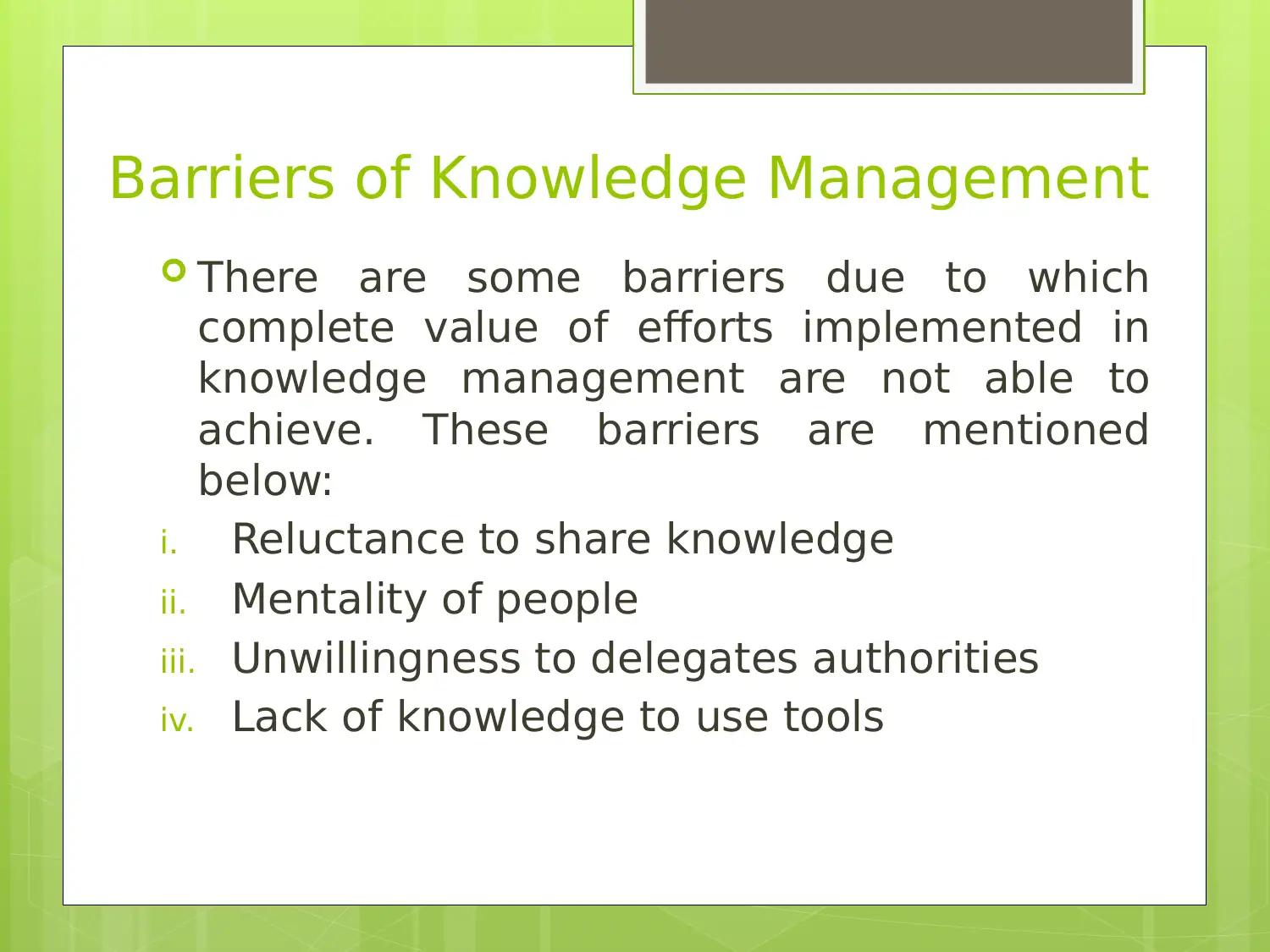
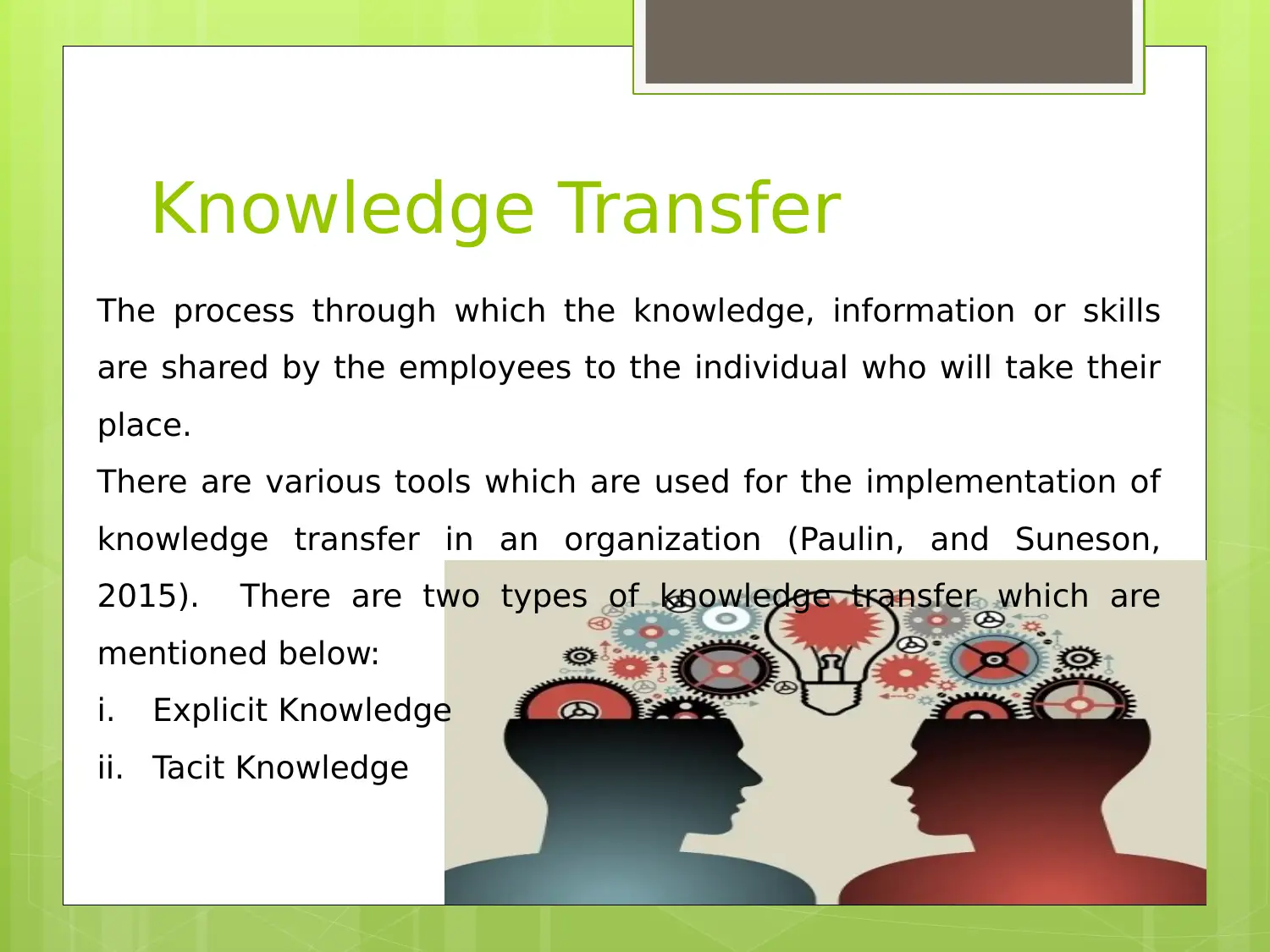
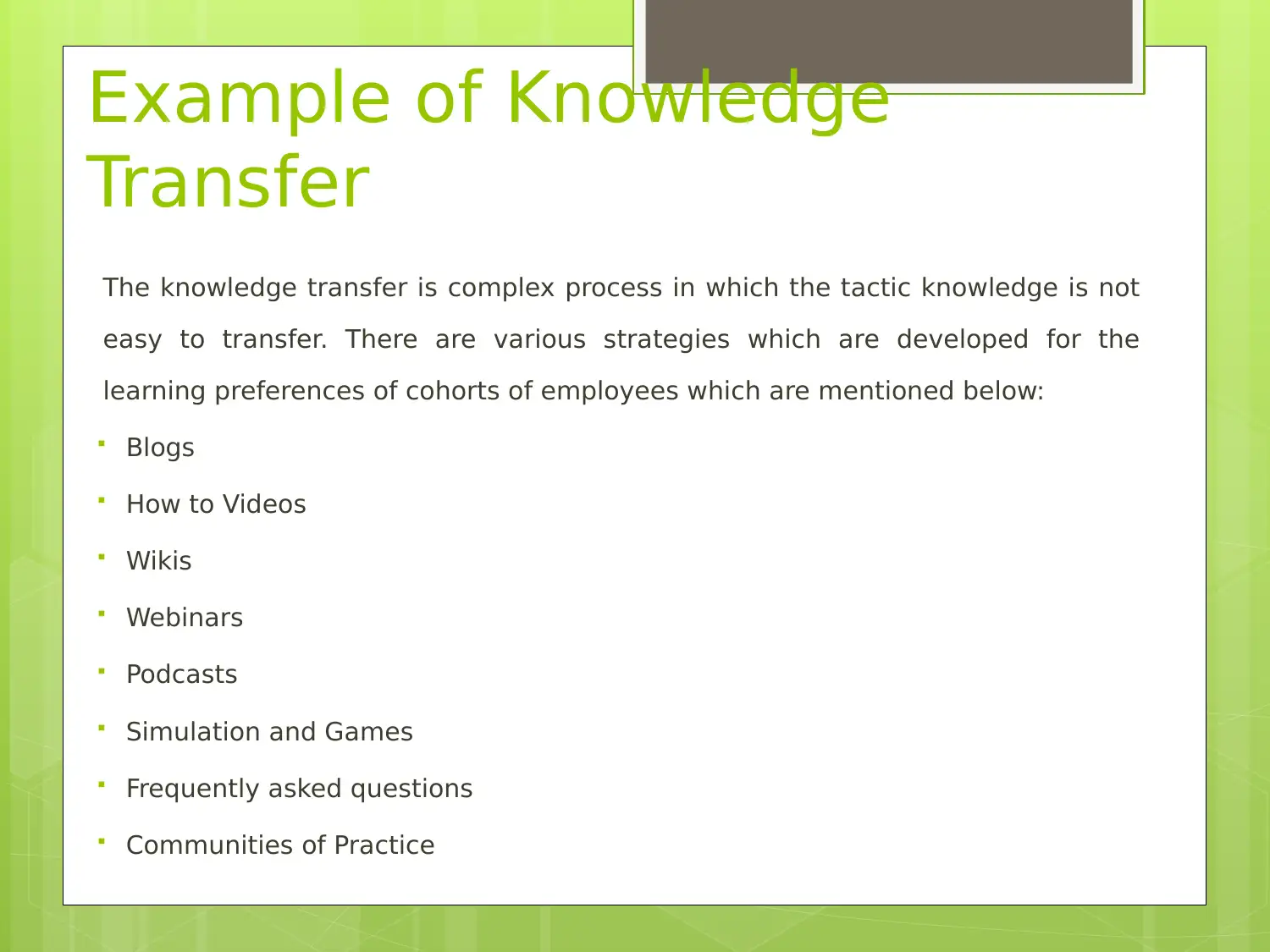
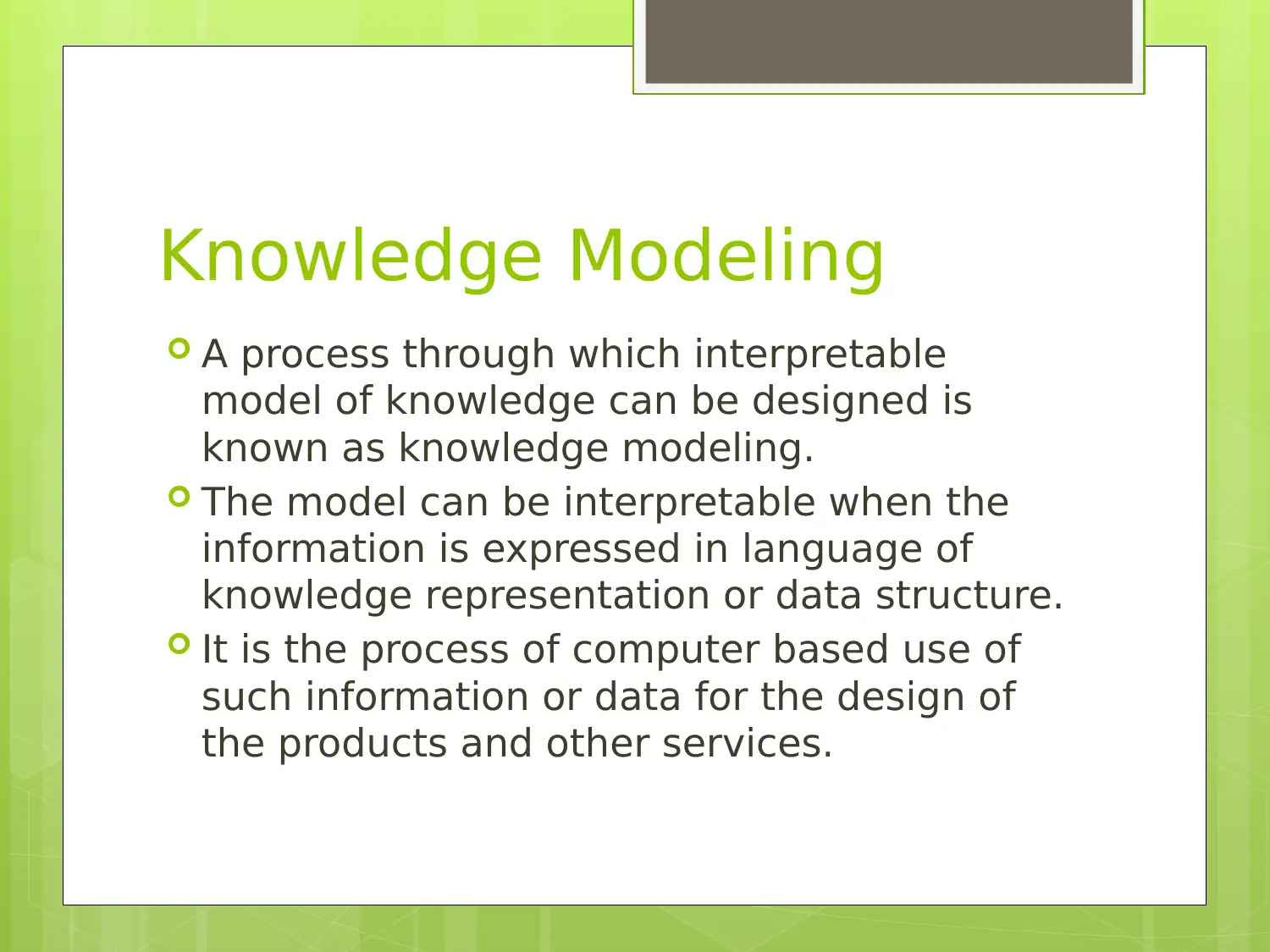
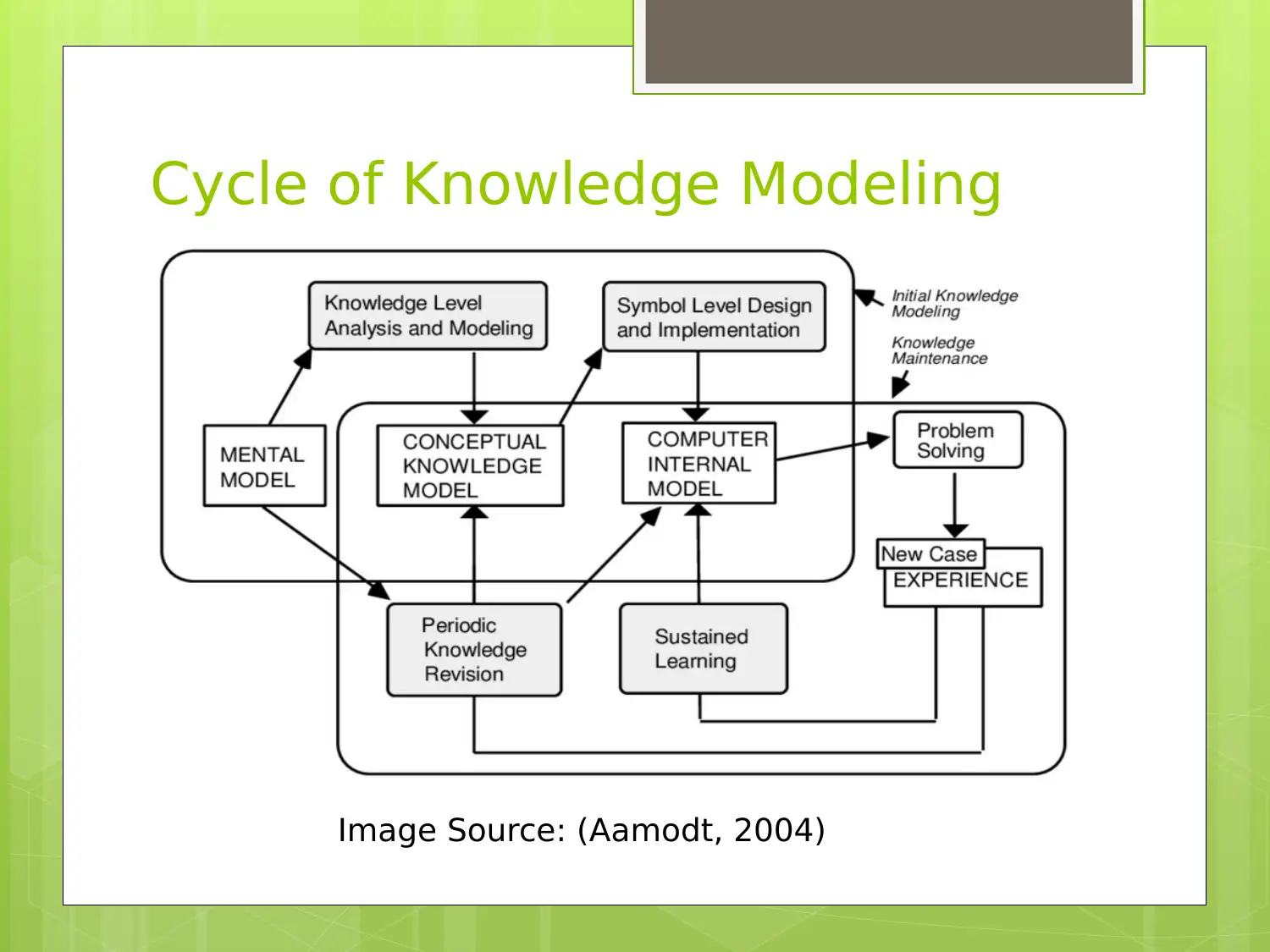
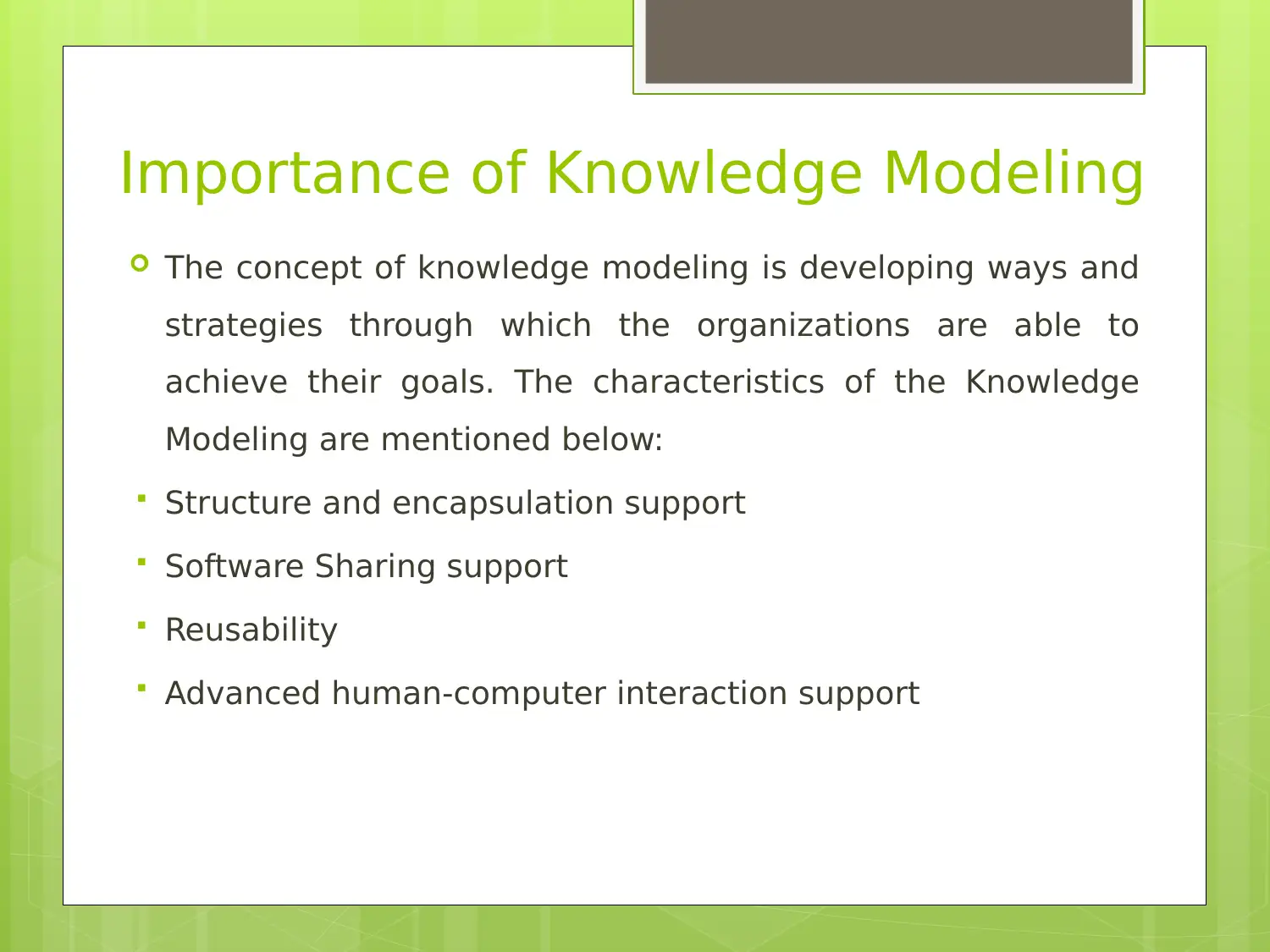
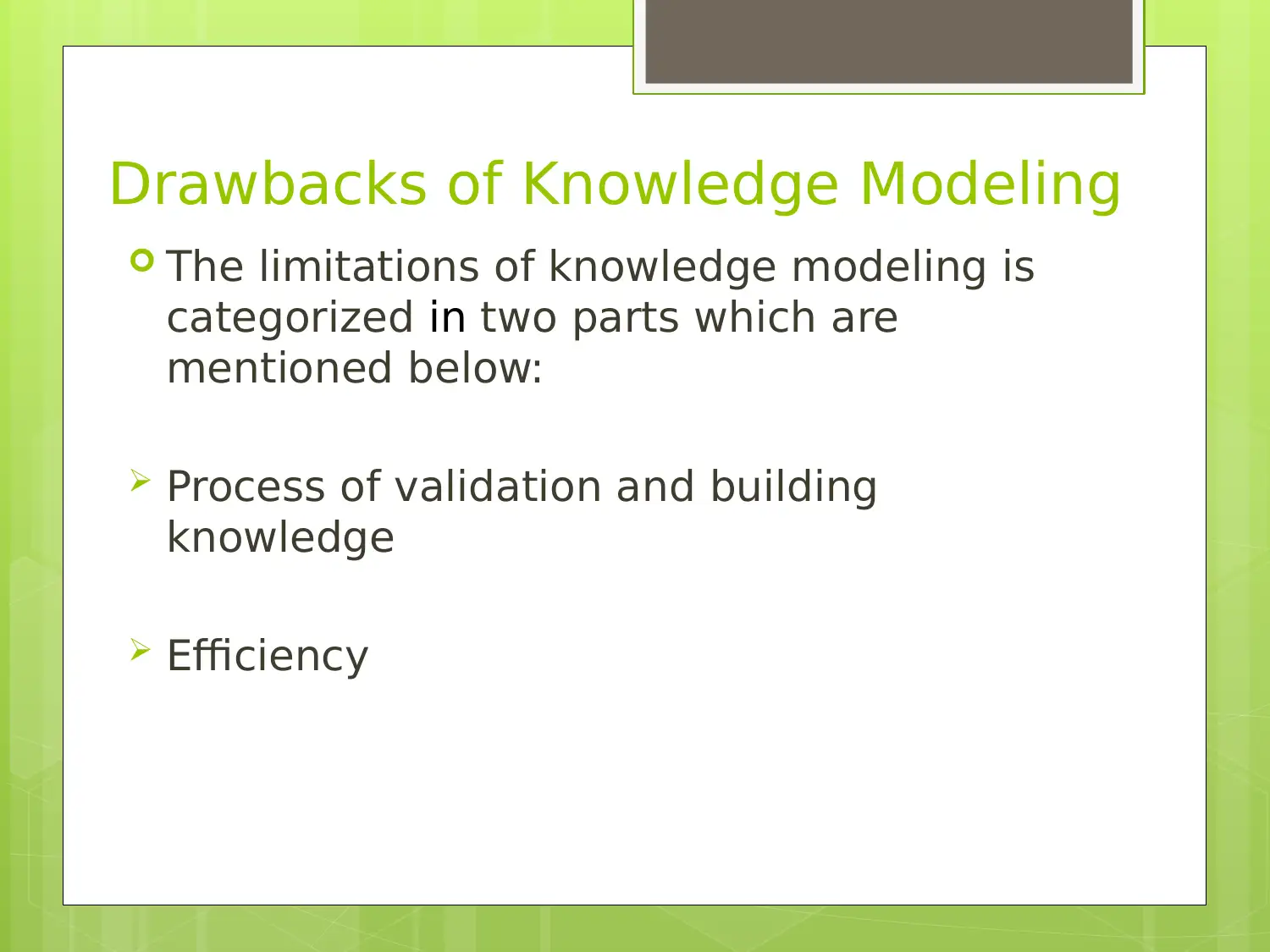
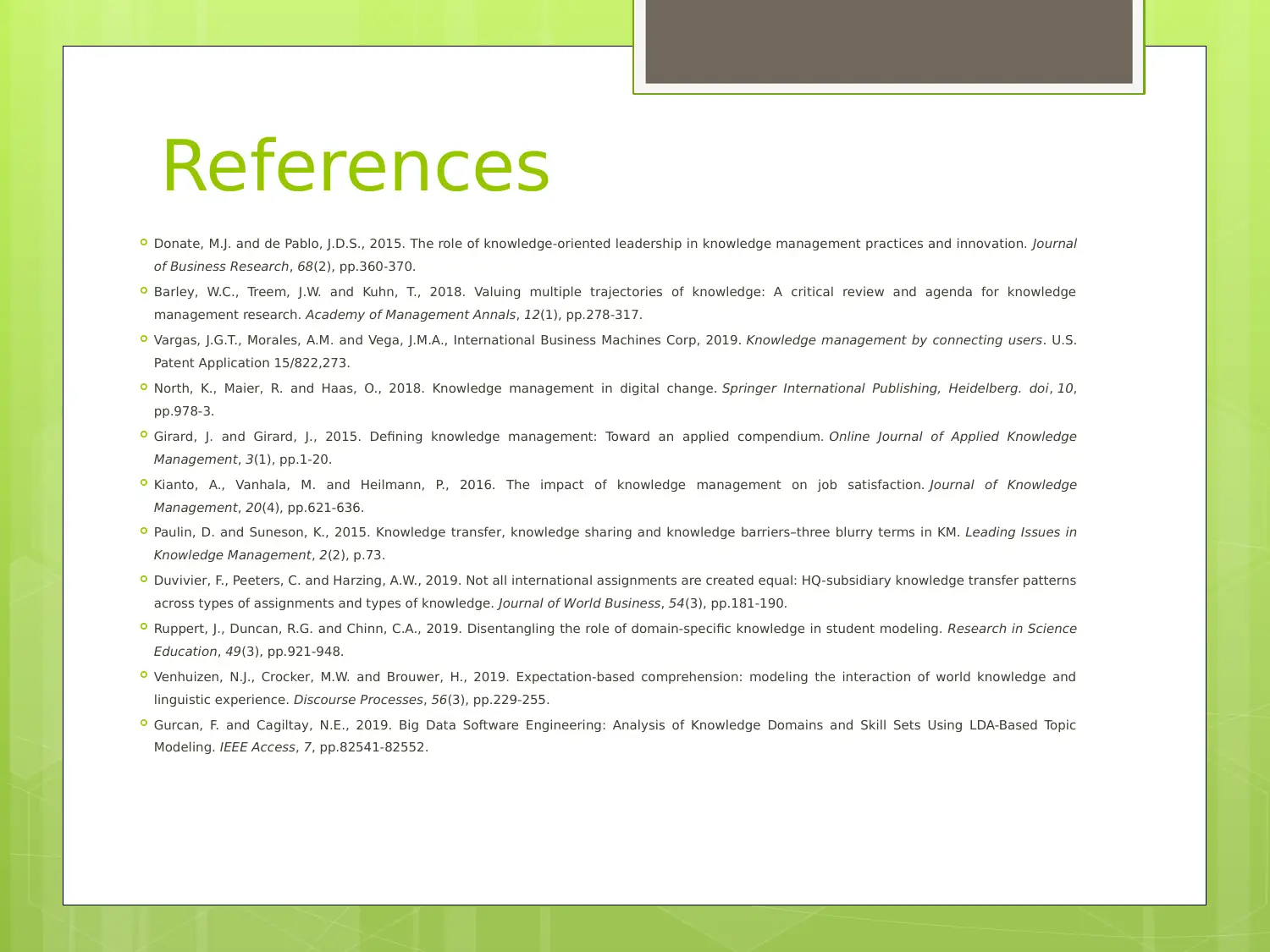
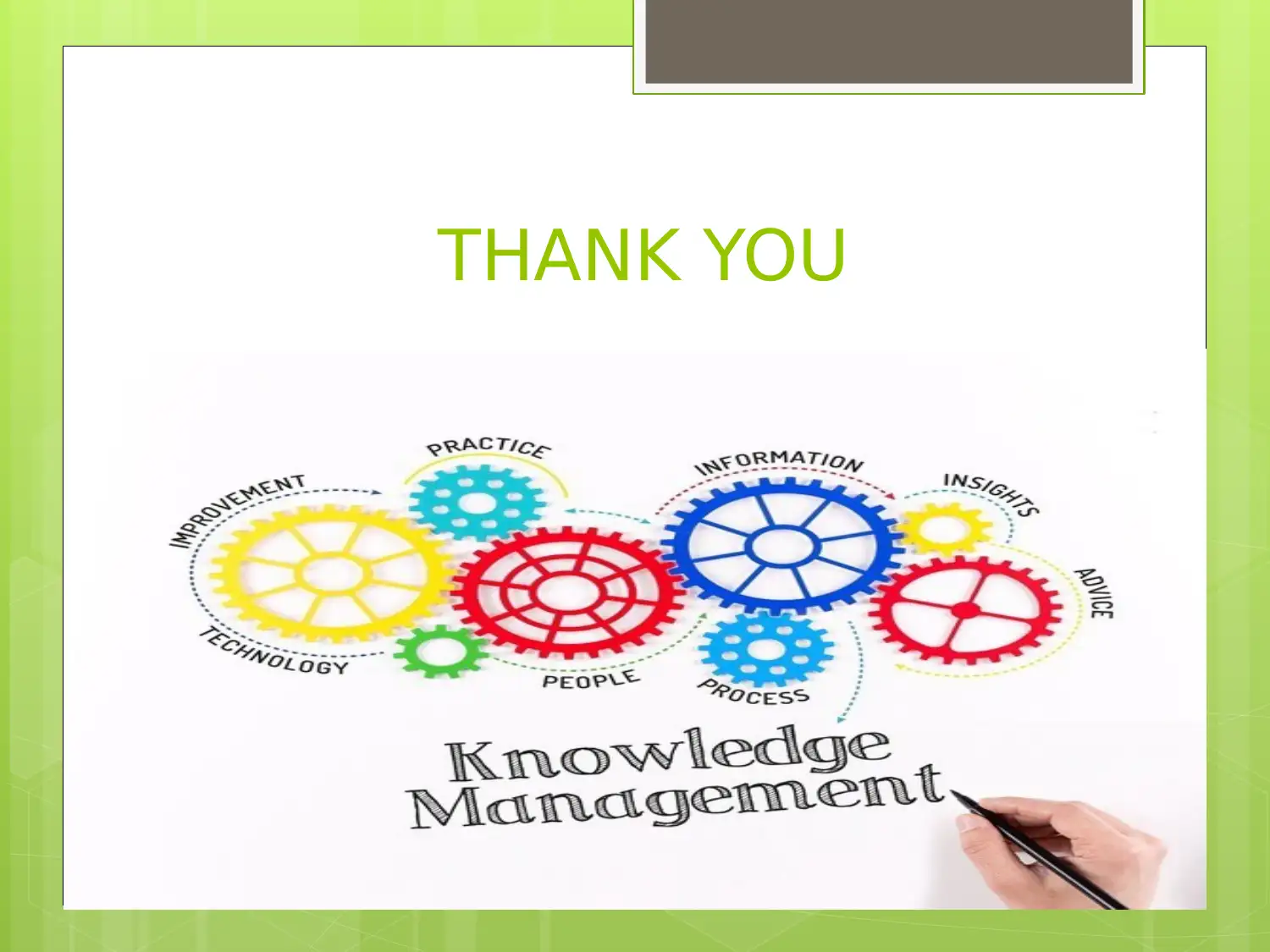






![[object Object]](/_next/static/media/star-bottom.7253800d.svg)